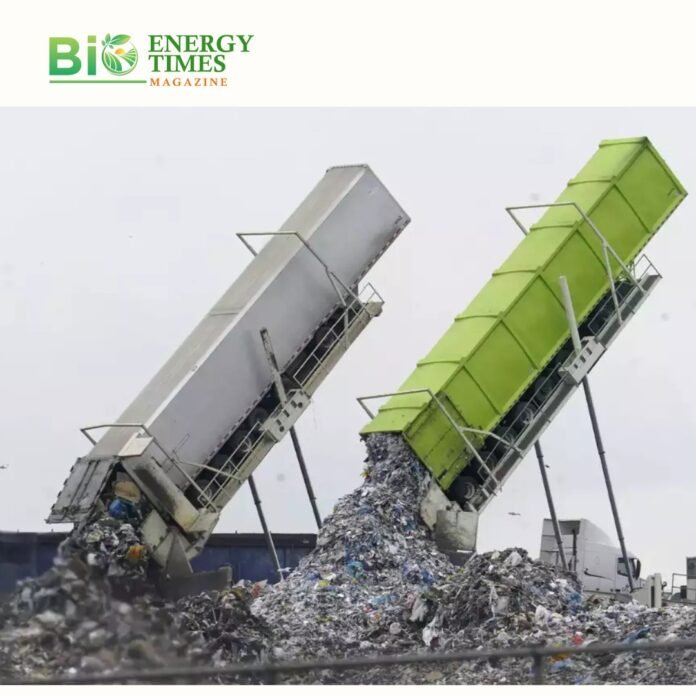A new report from the Bio-based Industries Consortium (BIC) highlights that a staggering 75% of food waste in the EU goes uncollected, representing a significant missed opportunity to utilize valuable bio-waste. This bio-waste, including garden and food waste, could be repurposed as a feedstock for bio-based industries and biomanufacturing.
Despite the EU’s mandate for member states to separately collect bio-waste starting January 1 this year, many countries are still struggling with inefficient collection systems. As a result, vast amounts of bio-waste end up in landfills, producing harmful emissions and missing the potential for composting and resource recovery.
The report emphasizes the untapped potential of bio-waste as a resource, which could help address Europe’s food waste challenges while supporting sustainable growth. Valorising this waste aligns with the EU’s broader goals of enhancing strategic autonomy, improving competitiveness, promoting circularity, and advancing the green transition.
BIC, an industry association dedicated to circularity, innovation, and sustainability in the European bioeconomy, collaborated with Zero Waste Europe (ZWE) to release the second edition of the report. It identifies significant gaps in bio-waste capture and highlights opportunities for improvement.
Since the first edition of the report four years ago, which found a capture rate of just 16%, the latest data shows a modest improvement of under 10%. The report includes country-specific fact sheets and provides examples of how bio-based industries are already contributing to tackling waste through innovative solutions. It also shares best practices in municipal waste management.
Dirk Carrez, BIC’s executive director, emphasized that many of BIC’s members are already using advanced technologies to convert bio-waste into high-value bio-based products. “Improving the capture of bio-waste would enable more of it to be used in biomanufacturing,” he said.
Jack McQuibban, head of local implementation at ZWE, pointed out that despite the new legal requirement for separate collection, bio-waste remains a low priority in much of the EU. “With only 26% of food waste currently captured, stronger action is clearly needed. There is broad consensus on the best practices for bio-waste collection and treatment, but what’s missing is legislation that sets binding targets for the quality of bio-waste captured, as well as caps on per capita residual waste generation. This would incentivize better bio-waste management across the EU.”
The report underscores the importance of urgent reforms to improve the capture and treatment of bio-waste, an essential step in reducing food waste and advancing the circular economy in Europe.



